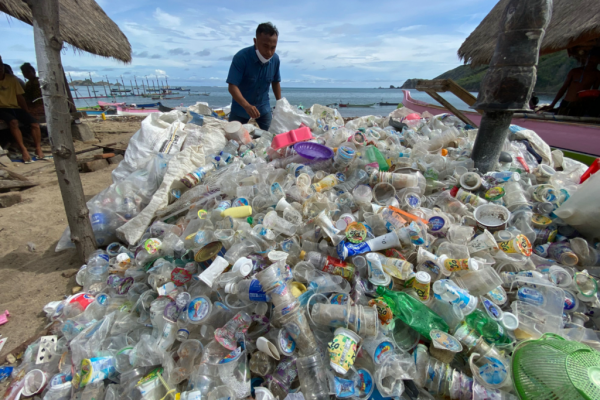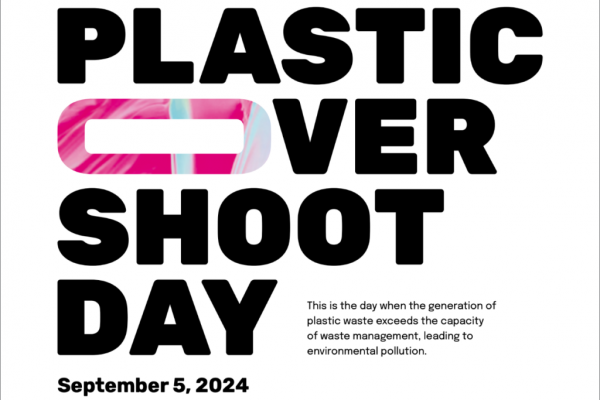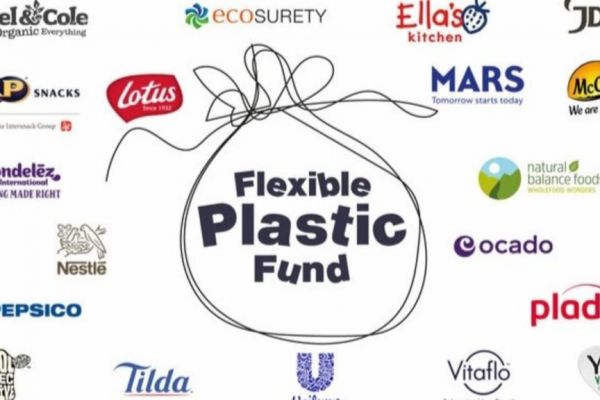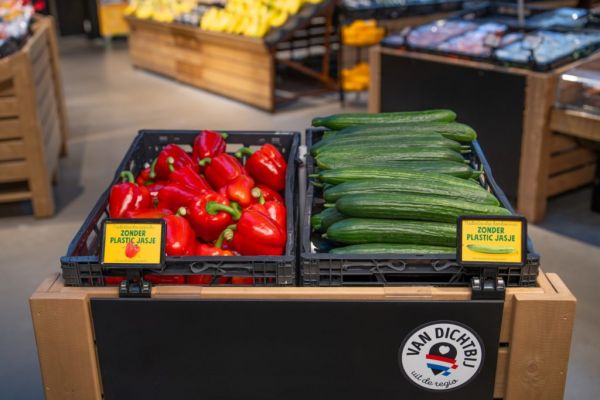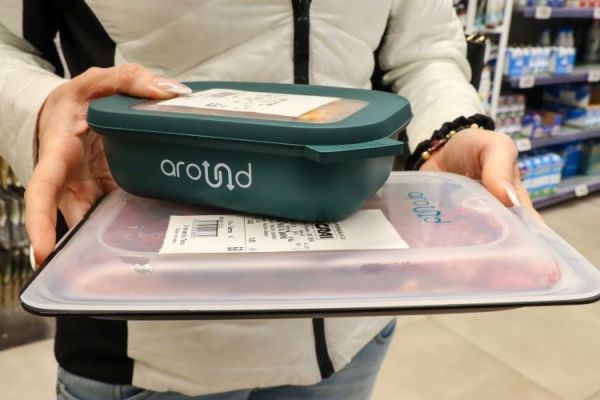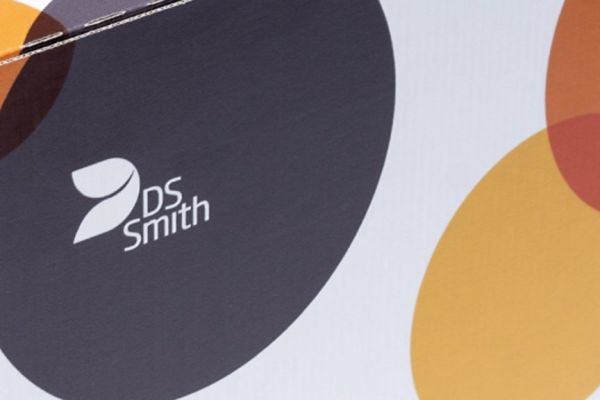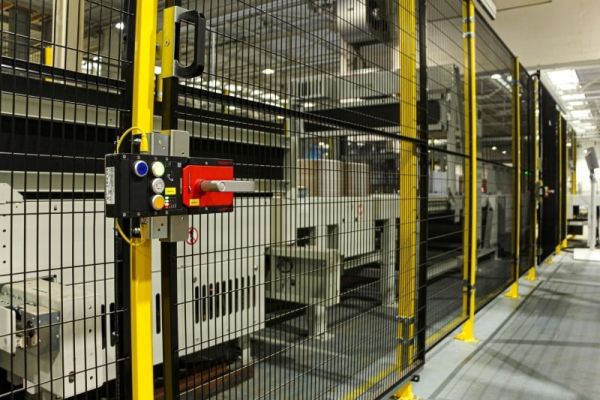Upmarket UK retailer Waitrose & Partners has pledged to use more Prevented Ocean Plastic (POP) in its own-label packaging.
Prevented Ocean Plastic is plastic collected from 'at-risk' coastal areas, that would otherwise end up in the oceans and seas.
Waitrose Strategy
Waitrose estimates it will use over 100 tonnes of POP this year, the equivalent of preventing almost 4 million plastic bottles from entering the ocean.
The retailer added that it is also one of the first British supermarkets to use POP in packaging. It will be used for 13 SKUs across its ready meal range and is scheduled to launch later this year.
The material, supplied by Sharpak, will also be used in a broad range of Waitrose's own-label packaging, including fruit and vegetables, family items, and health products.
Waitrose has set a goal to incorporate a minimum of 30% recycled content in plastic packaging and using POP where possible.
All of the plastic tray packaging across its own-label fruit SKUs already use 80% or more recycled content.
Marija Rompani, director of ethics and sustainability at John Lewis Partnership, said, "We hope that by using more Prevented Ocean Plastics in our packaging, we can be part of the solution to this hugely significant global issue.”
Waitrose recently introduced new packaging for its British strawberries, with the aim to eliminate around 17 tonnes of plastic and adhesive.
Ocean Plastic
Ben Tingley, product and business development lead, Prevented Ocean Plastic Research Centre, said, "World Ocean Day [8 June] is a moment for our industry and community to come together to progress fully traceable ocean plastic prevention and bring recycled plastic into products on shelves."
Tingley hopes other retailers will join Waitrose and "give customers a better plastic choice when making day to day shopping decisions.”
In 2020, the POP scheme prevented more than 830 million bottles from polluting the seas.
As well as keeping the sea clean, POP creates income for coastal plastic collectors by increasing demand for recycled plastic across the industry.
© 2021 European Supermarket Magazine. Article by Conor Farrelly. For more Packaging & Design news, click here. Click subscribe to sign up to ESM: European Supermarket Magazine.
